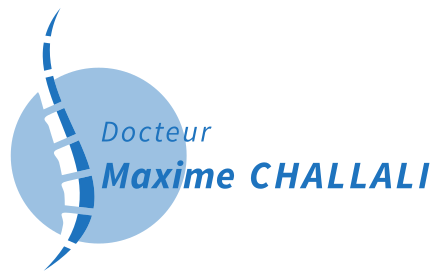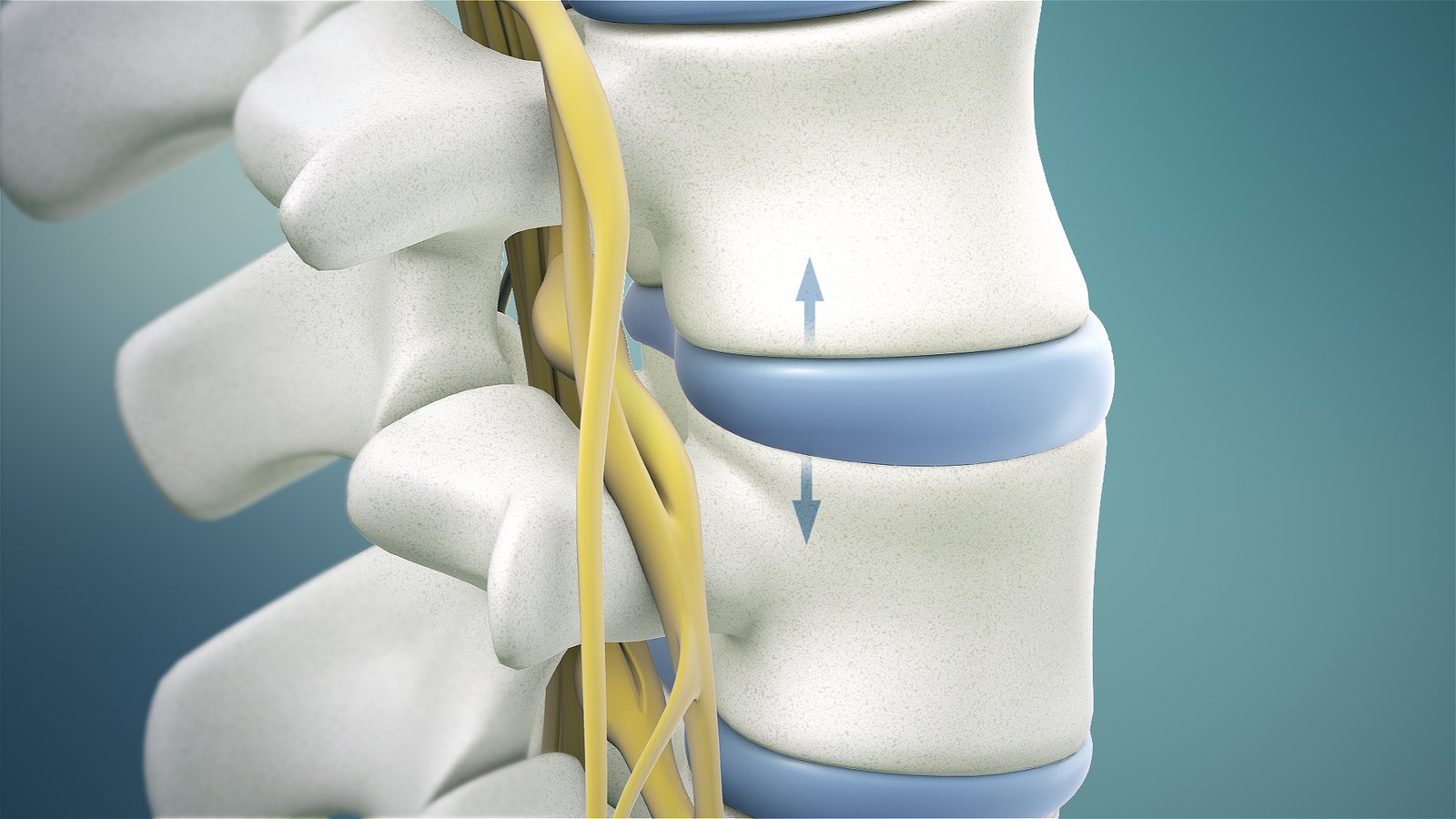Nerve Compression: What It Is and Why It Happens
Nerve compression occurs when spinal structures such as herniated discs, bone spurs, or the narrowing of the spinal canal (spinal stenosis) press on the delicate nerves within the spine. This condition is a leading cause of chronic pain and discomfort, often presenting with symptoms such as:
- Pain radiating into the arms or legs.
- Tingling or numbness.
- Muscle weakness.
Common causes include:
- Age-related degeneration: Natural wear and tear over time.
- Spinal injuries: Trauma to the spine can damage structures, leading to nerve compression.
- Repetitive strain: Poor posture or physically demanding activities contribute to spinal stress.
If left untreated, nerve compression can result in irreversible nerve damage and significant mobility loss. Early recognition of symptoms and prompt medical intervention are key to preventing long-term complications and protecting your quality of life.
Advanced Nerve Decompression Techniques
At Dr. Maxime’s practice, we offer state-of-the-art nerve decompression therapies tailored to alleviate pain and restore mobility. Treatment options are based on the severity of the condition, your medical history, and specific spinal anatomy. Key procedures include:
A minimally invasive procedure using an endoscope—a combination of a small camera and surgical instrument—to precisely remove the structures compressing the nerve.
Advantages:
- Quick recovery time.
- Minimal scarring.
- Reduced risk of complications.
This technique is ideal for patients seeking a fast return to daily activities.
This procedure removes part of the vertebra, known as the lamina, to relieve pressure on the spinal nerves. It’s particularly effective for patients with spinal stenosis, creating ample space for the nerves and reducing inflammation.
Designed for herniated discs, this surgery involves removing the portion of the disc that is pressing on the nerve.
Benefits:
- Immediate and significant pain relief.
- Restored nerve function and mobility.

Why Choose Nerve Decompression?
- Provide rapid and lasting pain relief.
- Restore nerve function, enhancing strength, sensation, and mobility.
- Offer minimally invasive options with faster recovery times and fewer risks.
Are You a Candidate for Nerve Decompression?
You may benefit from nerve decompression therapy if you experience:
- Chronic pain, numbness, or weakness that interferes with daily activities.
- Symptoms that worsen over time despite conservative treatments like medication or physical therapy.
At Dr. Maxime’s clinic, we conduct thorough evaluations, including advanced imaging and diagnostic tests, to determine the most effective treatment for your specific condition.
Your Path to Recovery: What to Expect
Recovery from nerve decompression depends on the procedure performed. Many patients experience immediate relief from severe symptoms, with full recovery achieved within weeks to months.
Recovery Steps:
- Initial phase: Rest and light activity to minimize swelling.
- Rehabilitation: Customized physical therapy to restore strength, flexibility, and spinal stability.
- Long-term care: Guidance on maintaining spinal health to prevent recurrence.
Dr. Maxime and his team will provide a personalized recovery plan and continuous support throughout your healing journey.

